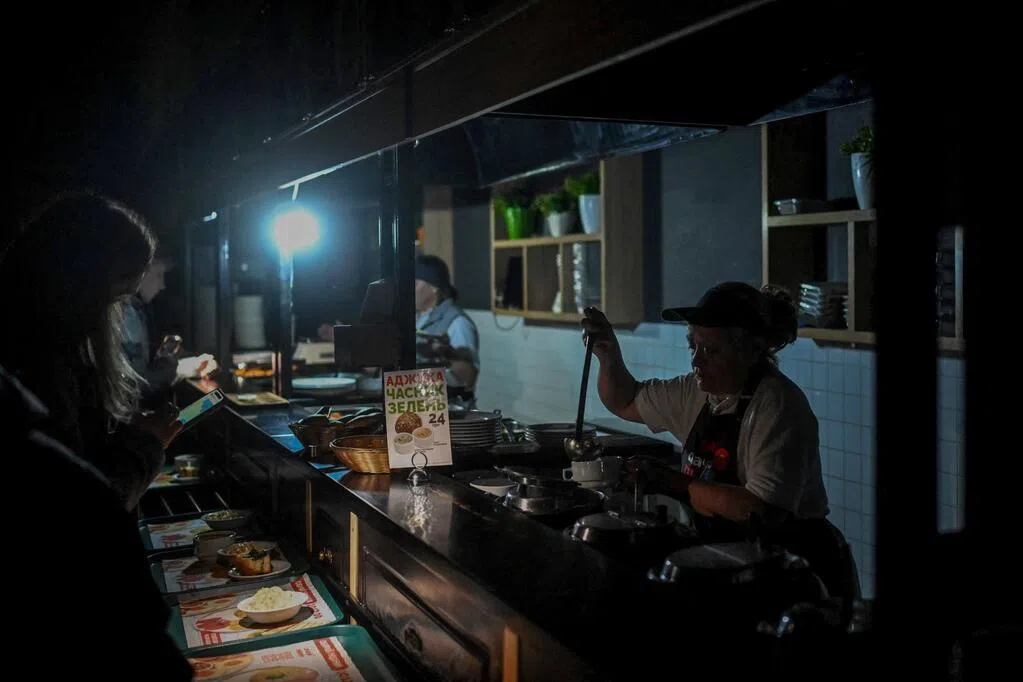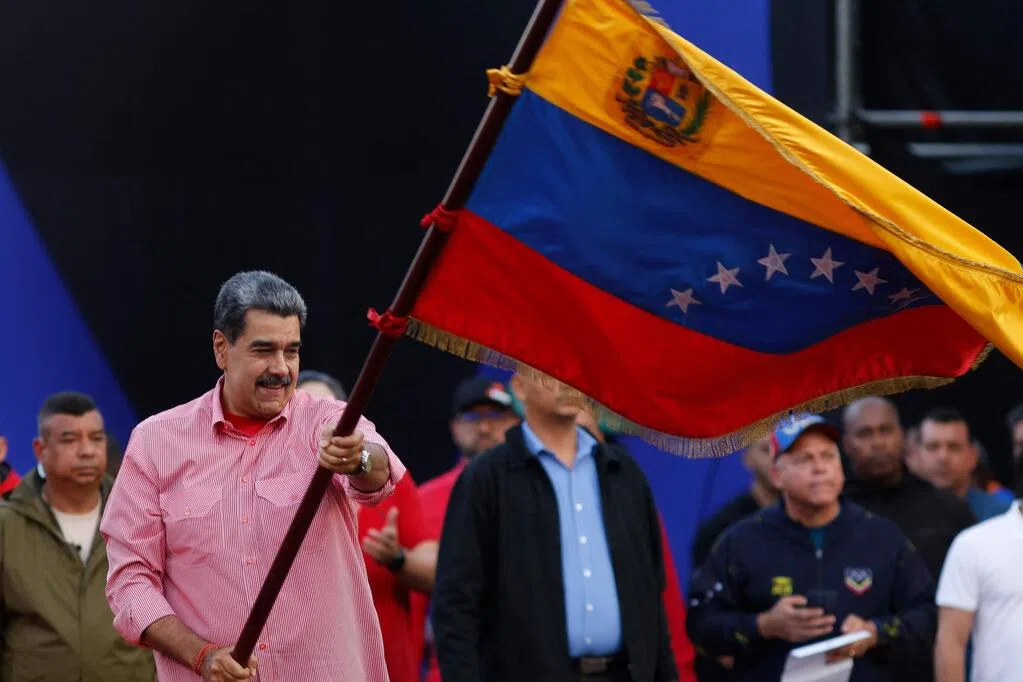(Johannesburg) European leaders held emergency discussions on the sidelines of the G20 summit in South Africa regarding US President Trump's 28-point plan, emphasizing that while the plan provides a foundation for peace between Russia and Ukraine, it still needs further refinement.
Reports indicate that leaders from Britain, France, Germany, Italy, Spain, Norway, the Netherlands, Finland, Ireland, and the European Commission held emergency discussions on the sidelines of the G20 summit on Saturday (November 22) regarding how to respond to Trump's proposal on Thursday (November 20), which clearly favored Russian interests.
The European leaders subsequently issued a joint statement saying, "Our principle that borders cannot be altered by force is clear. We are also concerned about the proposal to restrict the Ukrainian armed forces, which would make Ukraine vulnerable to future attacks."
They welcomed the US proposal, stating that the 28-point plan covers the essential elements needed to achieve peace. "We believe this draft is a foundation, but it needs further refinement."
The statement also emphasized that clauses involving the EU and NATO require their respective consents to be implemented.
Further Reading

Trump demanded that Ukraine agree to a 28-point plan by next Thursday, including ceding the Donbas region in eastern Ukraine, reducing its military, and abandoning its NATO membership.
G20 Leaders Reach Summit Declaration Despite US Boycott
Despite Trump's boycott of the G20 summit in South Africa, leaders of member countries reached a consensus on a G20 leaders' declaration in which the US did not participate.
The newly released declaration emphasizes the severity of climate change, praises countries for their ambitious goals in promoting renewable energy development, and calls on all parties to address the heavy debt burden of poor countries, including language that Trump has consistently rejected.
The declaration's commitments include taking action to mobilize financing for a equitable energy transition, assisting low-income countries in ensuring debt sustainability, and increasing investment in sustainable finance and infrastructure.
South African President Ramaphosa, whose country holds the G20 presidency, thanked all participating member country representatives for their "sincere cooperation in producing a valuable G20 outcome text" in his opening address at the summit on Saturday.
Ramaphosa said, "We should not allow anything to diminish the value, weight, and influence of an African nation assuming the G20 presidency for the first time."
The Trump administration boycotted the summit, citing allegations of persecution of white residents by the predominantly Black South African government. Sources said that other member states drafted a declaration on Friday without US participation, drawing condemnation as "shameful" from White House officials. The White House did not immediately respond to media inquiries regarding the official declaration released on Saturday.
The US, assuming the G20 presidency next year, was originally required to hand over the presidency to South Africa. The US government had previously proposed that a chargé d'affaires from its embassy in South Africa attend, but Ramaphosa rejected this proposal.
G20 leaders pledged to strengthen protection of critical mineral supply chains. G20 leaders also pledged to strengthen protection of critical minerals, ensuring that the value chains of critical minerals are better able to withstand disruptions caused by geopolitical tensions, unilateral trade measures that do not comply with WTO rules, pandemics, or natural disasters, and to allow more mineral-producing countries to participate in and benefit from the value chains.
Amid recent tensions in US-China trade relations, Beijing's aggressive measures to control rare earth exports have drawn closer international attention to the potential risks posed by China's dominance in the global rare earth mineral supply chain.
In a speech, European Commission President Ursula von der Leyen warned, without naming names, of the risk of "weaponizing dependence," stating that this "will only make everyone a loser."



